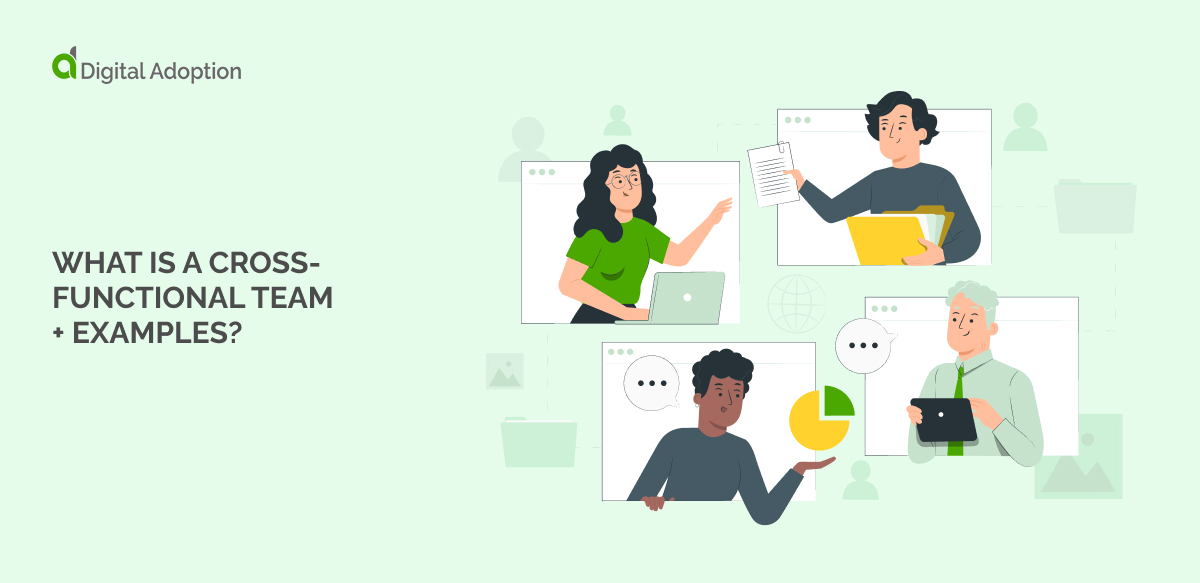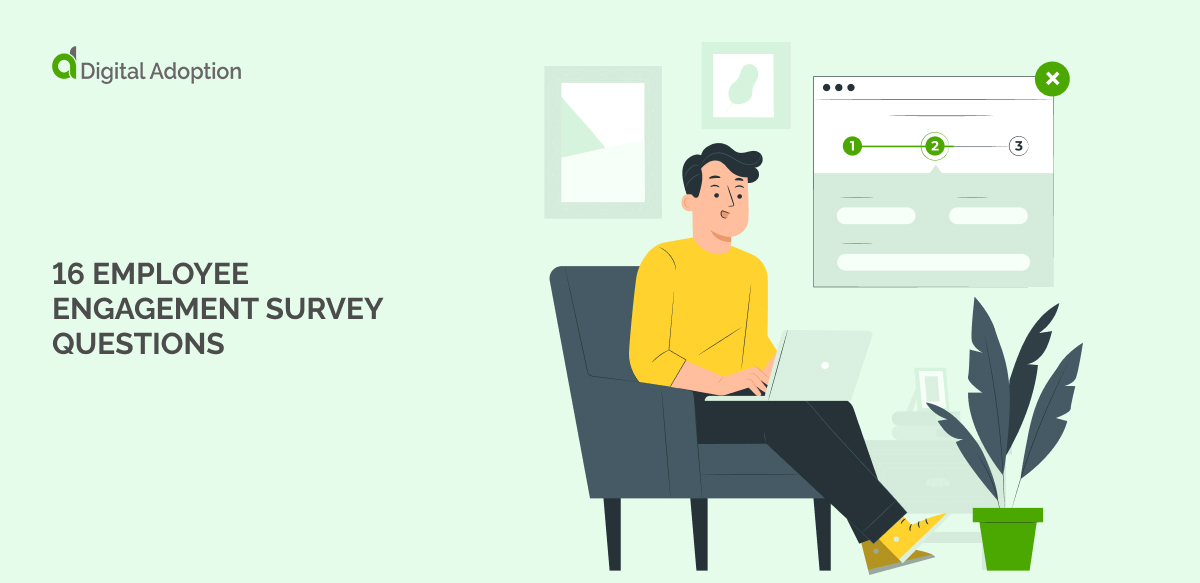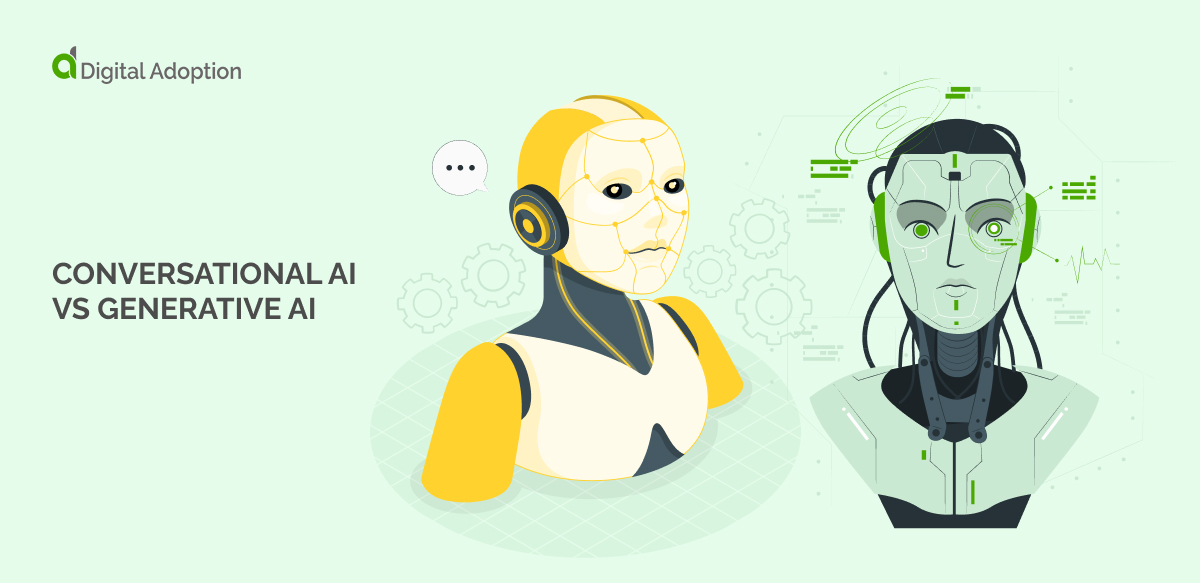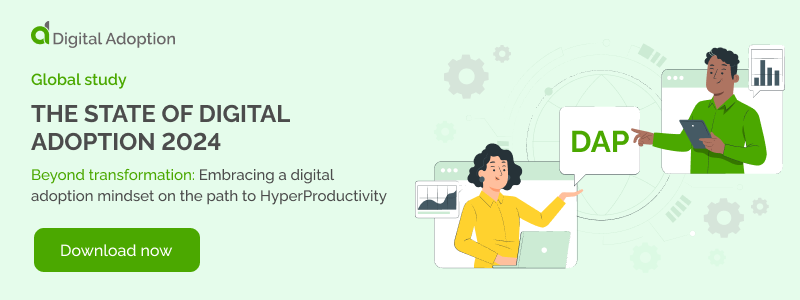For those interested in NLP, Python is one of the best languages to study.
Not only is Python easy to learn, it has a robust set of libraries and tools dedicated to NLP.
In this guide, we will learn why Python is one of the best languages for NLP and AI in general.
Is Python a Good Programming Language?
Python is a generalist language, means that it does not specialize in one area.
JavaScript, on the other hand, is specifically designed for use on the web. It can be used in other areas – using Node.js, for instance, one can easily build a desktop application in JavaScript. However, JavaScript is specifically designed for the web, and it is most suitable for developing web applications and websites.
Python, on the other hand, is a generalist language, which means it can be used for a wide variety of purposes, including:
- Developing web apps
- Creating software
- Data science
- Artificial intelligence
- Natural language processing
Python has a simple syntax. Even if you have never programmed before, Python is relatively easy to learn. If you are interested in NLP or any other programming application for that matter, Python is an excellent choice.
For NLP, Python Is Your Best Bet
Here are just a few reasons why you should use Python for NLP:
- Python easy to learn and use
- Python is also supported widely and has a large and passionate following of developers, which means you can find a great deal of documentation and knowledge on the web
- Starting and running Python only takes minutes
- Python also has a set of libraries for virtually every application, including NLP, as we will see below
This last reason is perhaps the most important reason to choose Python for NLP.
Namely, there’s a dedicated package for NLP in Python. This package, the Natural Language Toolkit (NLTK), is the most widely used NLP package in Python, if not NLP in general.
Importantly, this package can perform all of the major NLP techniques and functions, such as:
- Machine translation. Machine translation refers to the use of AI to translate one human language into another. Google Translator is the one example – this application uses AI and NLP techniques to translate from one source language, such as English, into another, such as Spanish.
- Semantic analysis. Semantic analysis is the attempt to understand the meaning behind words. This is useful in, for instance, shopping or web search queries. In cases where search words are ambiguous, for instance, search engines will often attempt to understand the searcher’s intent. When search engines produce correct results in these cases, it improves the user experience, and, as a consequence, engagement.
- Topic modeling. Topic modeling is the process of extracting the specific topics within a text. A search engine that crawls a web page, for instance, may use topic modeling to determine what types of topics are discussed in that page. This information, in turn, can help the crawler decide how to categorize the page in web results.
- Text summarization. Text summarization, unsurprisingly, refers to the summarization of a text. AI software may be used to read a long paper or even a book, and then shorten that into a concise summary. This can be useful in fields such as law, which often requires the reading and analysis of lengthy texts.
- Text generation. Python can also be used with other tools, such as TensorFlow and GPT-3, to generate new text from scratch. Although this technology is still in its infancy, it promises to add new value to a wide range of fields, from marketing to law to customer care.
These are just a few examples of the many potential use cases for NLP – and all of them can easily be accomplished with Python.
Naturally, however, in order to build AI-driven NLP applications, it is important to actually know how to program in Python And NLP.
Getting Started with Python and NLP
There are quite a few places to start learning Python.
Here are just a few low-budget examples:
- YouTube has a wide variety of free videos that cover Python, NLP, AI, and much more
- For more in-depth NLP training, consider online education options such as Udemy, which offers courses on every topic imaginable, including Python, AI, and NLP
- Books can also be a good resource, especially those published by tech publishers, such as O’Reilly and Packt
- For those interested in pursuing Python And AI programming as a career, may study at places like Udacity, which offers “nanodegrees” on specialized topics, such as NLP
- Another option is to study at a university, either online or offline
- Finally, one can pursue real-world experience through internships or jobs
Naturally, it is best to choose the training method that best suits your goals. If you are interested in studying this for hobby, then perhaps the free or low-cost options are best. Those interested in career development or in becoming an NLP practitioner, however, should pursue more intensive education options, such as Udacity’s nanodegrees, certifications, or degrees through higher educational institutions.















